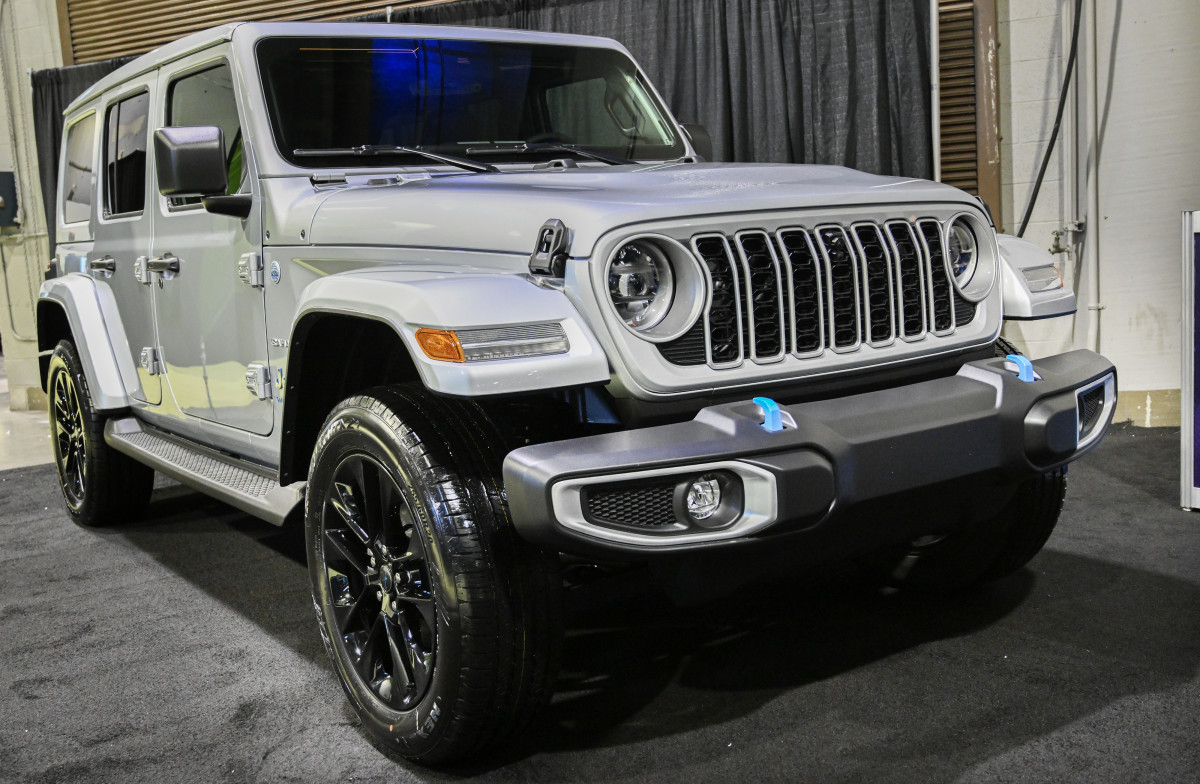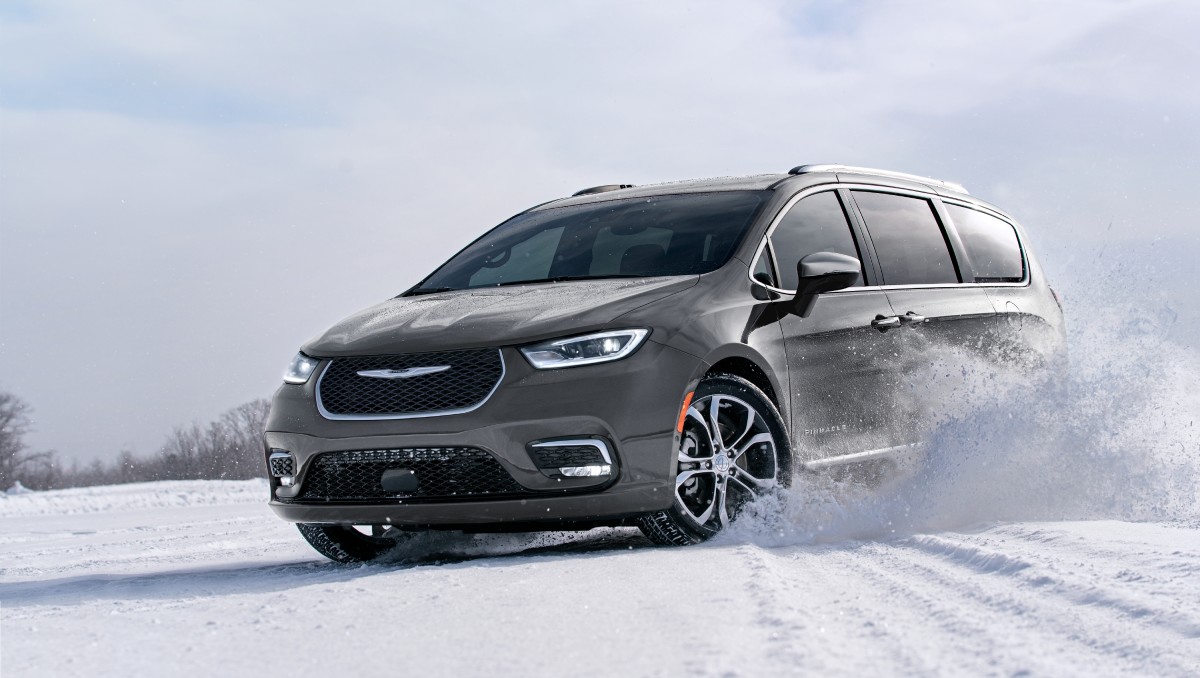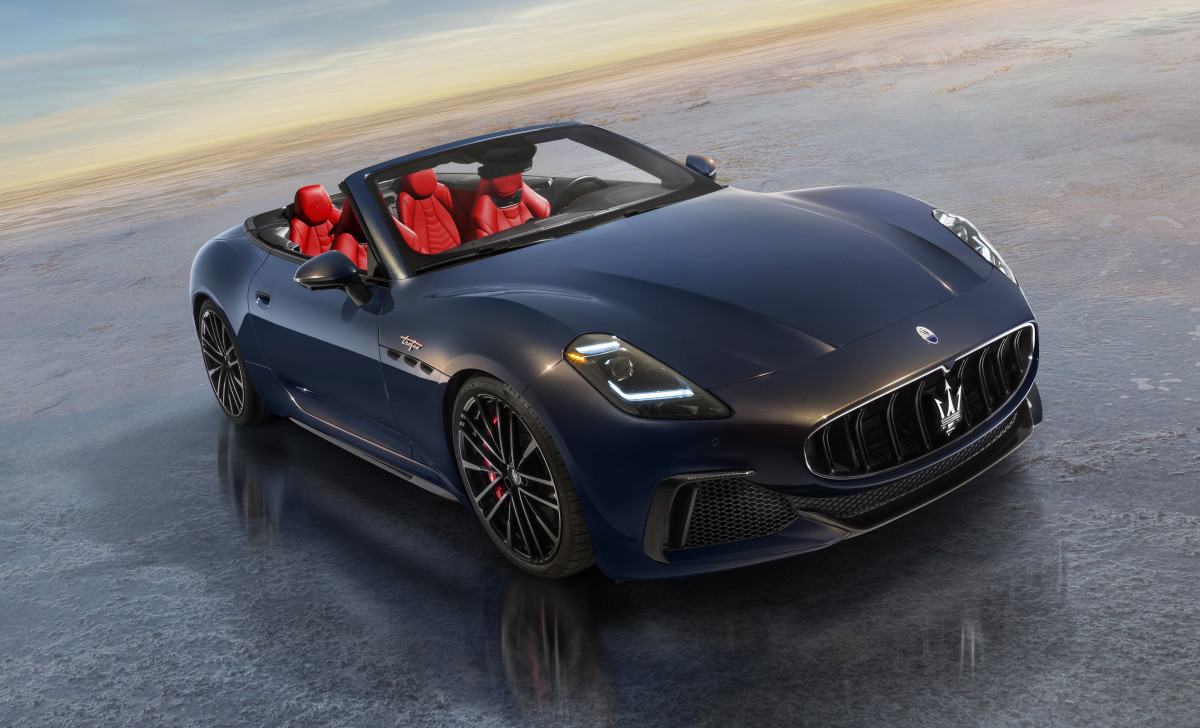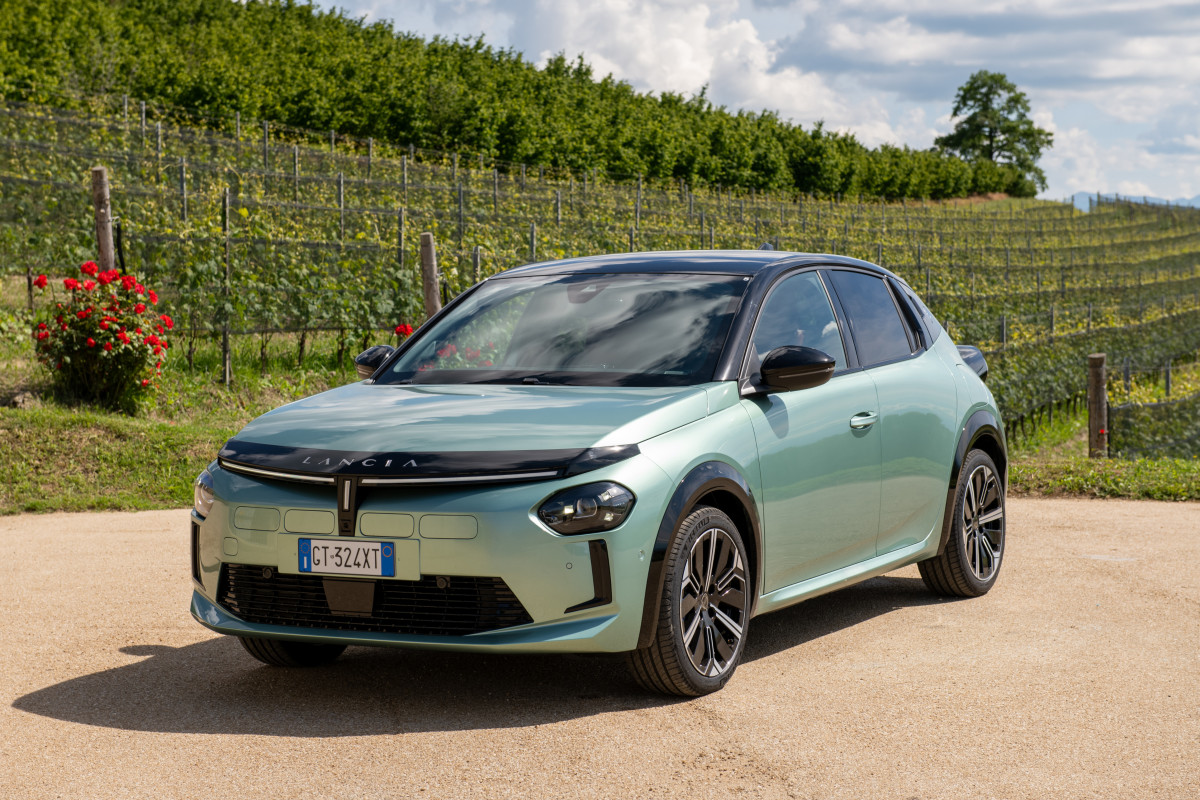
Running a car company is very hard, but it is especially hard if the company itself sells cars bearing the names of 14 different brands.
In 2021, the multinational car company we know as Stellantis (STLA) was born from a merger between Italian-American automaker Fiat Chrysler (FCA) and the French automaker Peugeot S.A. (PSA). Then, the company committed to investing in all the brands for at least 10 years; however, things may change just three years into the deal.
During its first-half 2024 earnings call this week, Stellantis CEO Carlos Tavares reported results that fell short of expectations, blaming a "challenging industry context" and its own "operational issues."
"We have significant work to do, especially in North America, to maximize our long-term potential," Tavares said.
Related: Ford stock drops as CEO pushes forward with small EV campaign
With brands ranging from European staples like Fiat to American brands like Chrysler and Dodge, Stellantis rests on some players that could drag them down. Tavares gave a stern warning to the many brands in its portfolio that may be acting as dead weight.
"If they don't make money, we'll shut them down," Tavares threatened during the call. "We cannot afford to have brands that do not make money."
Stellantis does not disclose any figures for its individual brands, but with 14 brands under its belt, we could name three brands that may be at risk of facing Tavares' axe if they continue down their current path. However, a closer look at the recent histories of these brands may suggest that the damage is self-inflicted.

Stellantis
Chrysler
Next year, Chrysler will be celebrating its 100th anniversary, but currently, Chrysler is getting by with just one product in its lineup: the aging Pacifica minivan.
For its price, the Pacifica offers a compelling option for families who do not want to opt for a big SUV to haul the kids and their stuff, but competition from other mainstream brands is very tough.
Honda's Odyssey minivan has been updated with new styling and added tech features for 2025, while the Toyota Sienna offers similar features like available all-wheel-drive and a hybrid powertrain for a much lower starting price than the Pacifica. However, the $51,250 Pacifica plug-in hybrid is eligible for a $7,500 IRS tax credit that can be used to purchase the car.
Though the brand currently has one vehicle in its lineup, it does not mean it is entirely directionless.
In February, the brand unveiled the Halcyon, a concept vehicle meant to represent the future of the Chrysler brand.
According to Chrysler, the car features the brand's new "Harmony in Motion" design language with its clean, curvy lines and pencil-thin front and rear LED light bars on the outside. Inside, the interior is tech-focused and uses sustainable materials.
The Halcyon is a concept car, but the brand aims to launch its first battery-electric vehicle in 2025 and feature an all-electric lineup by 2028. The general future of electrification efforts for major manufacturers are currently skewing toward plug-in hybrids, and some manufacturers like Ford are focusing on fuel-burning profit drivers.
More Automotive:
- Hyundai pressured dealers to play dirty sales trick, lawsuit alleges
- Ford CEO sends a stern warning for American car buyers
- Analysts have a bleak outlook for car dealers after CDK cyberattack

Maserati
Maserati
Italian luxury and sports car brand Maserati is an odd case amongst the rest of the Stellantis lineup, as it has to share breathing room with mass-market brands like Fiat and American ones like Jeep, Dodge, and Ram.
Oddly, Maserati was the only Stellantis brand that disclosed any figures for the first half of 2024. During the period, it suffered an operating loss of 82 million Euros, or roughly $89 million.
However, given its unique identity within the Stellantis group and its rich history of producing high-performance sports cars, the chopping block may not be an appropriate place for the brand. Instead, Stellantis can decide to spin off Maserati into its own brand, separate from the 14-brand multinational corporation.
It has happened before.
In 2014, the then Fiat-Chrysler spun off Ferrari (RACE) after being owned by Fiat since 1969. The brand's commitment to exclusivity starkly contrasted with mass-market brands like Jeep and Fiat, and efforts to increase production fell through.
Like Ferrari, Maserati has high-performance roots but also garners more mass-market appeal through models like the Grecale and Levante crossover SUVs and the Ghibli and Quattroporte SUVs.
Though the brand posted a loss for the first half of the year, 2023 was its strongest year, with more than 26,700 units delivered last year; an improvement from 16,900 units in 2020.

Stellantis
Lancia
American buyers may not be familiar with Lancia, but seasoned car enthusiasts can talk from now until next week about the brand's rich heritage in racing and producing legendary production cars that include rally-bred classics like the Stratos, 037, and the Delta Integrale.
Since 2017, the brand has only sold its cars in Italy, but it has faced a fate similar to that of Chrysler.
Currently, the brand sells just one car — the Ypsilon, a city car that has seen relative sales success for Stellantis despite only selling in one country. Selling just 44,743 units in 2023, the car was Italy's third highest-selling car, while its hybrid version sold 39,683 units the same year.
When Fiat bought a stake in Chrysler in 2009 to create Fiat-Chrysler, the Lancia lineup was drastically changed to incorporate some vehicles from their new American siblings.
From 2011 to 2015, three Chrysler vehicles got an Italian makeover to be sold in European markets. The Chrysler 300 sedan became the Lancia Thema, the Chrysler Town & Country became the Lancia Voyager, and the Chrysler 200 became the Lancia Flavia. Conversely, the Lancia Ypsilon was sold as a Chrysler outside of Italy.
Lancia has revamped the Ypsilon to be the driver behind Lancia's great European comeback. This year, the brand aims to reenter the Belgian, Dutch, French, and Spanish markets, and the German market next year. Additionally, the brand has reentered the sport of rallying, offering the car for private teams who wish to compete in the FIA WRC Rally4 Championship.
Stellantis, which trades under the ticker STLA on the New York Stock Exchange, was down 2.38% at the closing bell, finishing the day at $17.66 per share.
Related: Veteran fund manager picks favorite stocks for 2024







